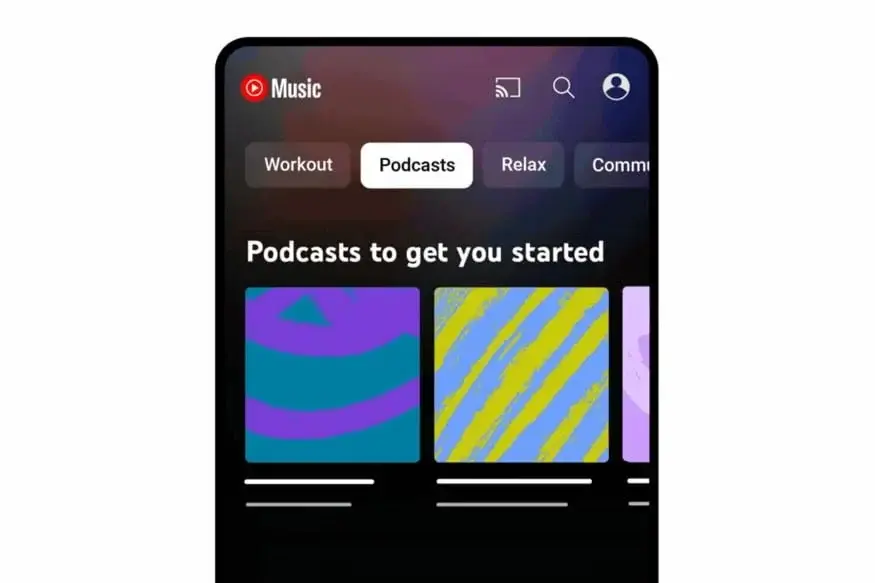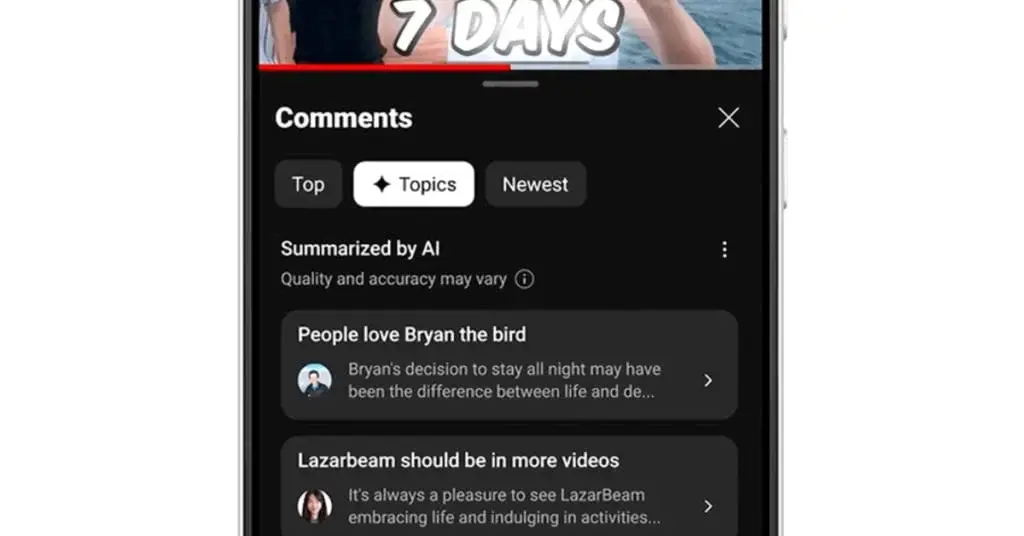YouTube’s Battle Against Ad-Blockers: Google Slows Down Browsers to Punish Users
In its ongoing battle against ad-blocking programs, YouTube has taken a new approach to discourage users from blocking ads. The company insists that users who do not wish to see ads should pay for its Premium service. To enforce this, YouTube has started issuing warnings to users who have ad-blockers enabled. However, it seems that the measures taken by YouTube are disproportionately affecting users who use browsers other than Chrome, putting them in a difficult position.
Slower Loading Times for YouTube Videos on Non-Chrome Browsers
Google Chrome is the most popular web browser worldwide. However, there are still a significant number of users who prefer alternative browsers for various reasons. Unfortunately, YouTube’s recent measures against ad-blockers seem to be causing slower loading times for videos on browsers other than Chrome. Upon investigation, it was discovered that Google had introduced a deliberate five-second delay specifically for users of Firefox and Edge when visiting YouTube.
Technical Necessity or Deliberate Measure?
While some users speculate that this delay is a deliberate attempt to discourage the use of ad-blockers, Google denies these allegations. According to Google, the delay is a technical necessity to ensure that ads can still be loaded and displayed properly. However, it remains unclear how long Google intends to continue implementing this delay.
The Impact on Users
The introduction of this delay has put users of Firefox and Edge in a difficult position. Those who rely on ad-blockers to enhance their browsing experience now face slower loading times when accessing YouTube. This has sparked frustration among users who feel that their choice of browser should not affect their ability to block ads.
In conclusion, YouTube’s battle against ad-blockers is intensifying, with the company implementing measures to discourage users from blocking ads. While Google claims that the five-second delay on YouTube is a technical necessity, users of non-Chrome browsers are experiencing slower loading times. As the battle between YouTube and ad-blockers continues, it remains to be seen how this issue will be resolved and whether alternative browser users will be able to enjoy ad-free YouTube browsing without any penalties.




